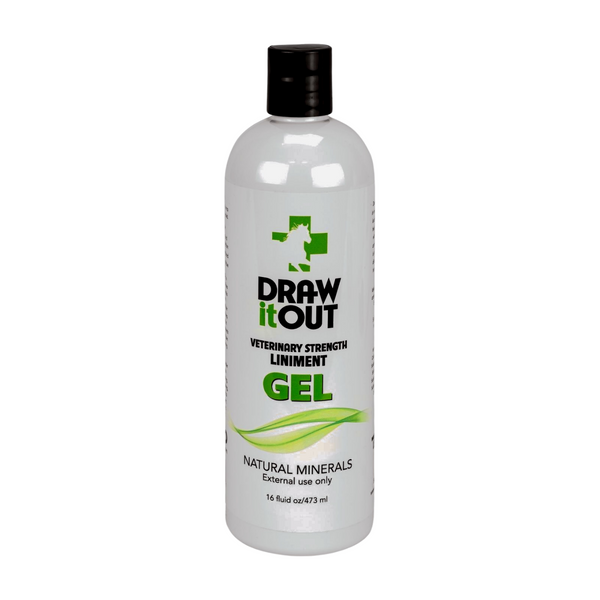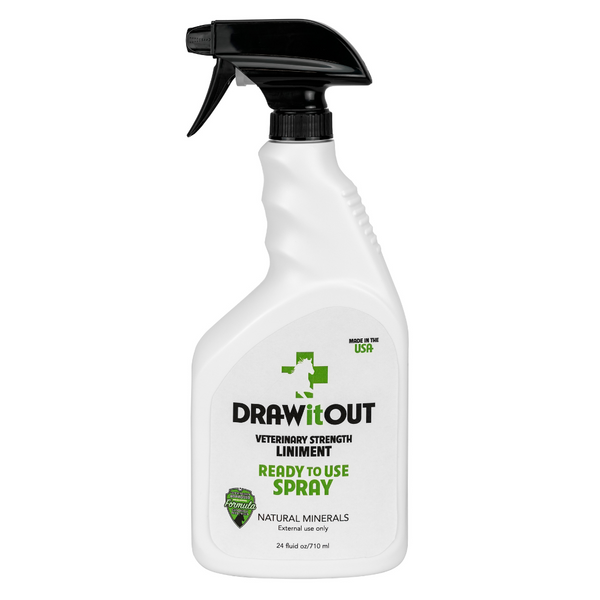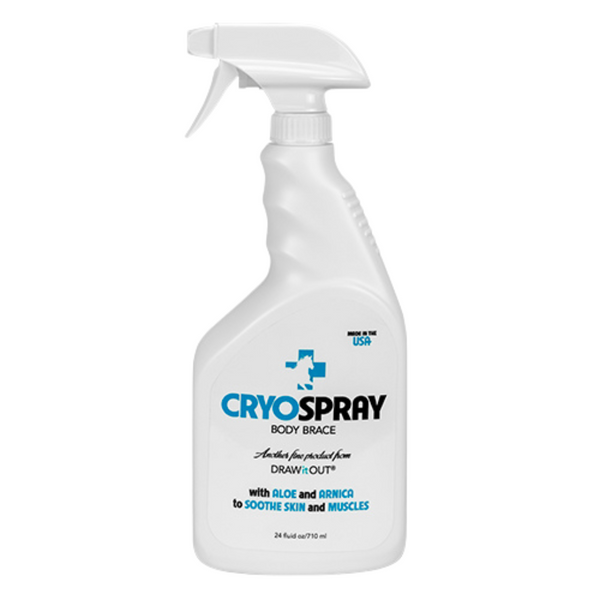Intestinal parasites, commonly referred to as worms, are one of the most widespread but preventable threats to equine health. If left unchecked, they can rob your horse of nutrients, trigger colic, and even cause irreversible internal damage.
Types of Common Equine Parasites
- Small strongyles (cyathostomes) – The most common; can encyst in the gut lining.
- Large strongyles – Historically dangerous but now less common due to modern deworming.
- Roundworms – Affects foals and young horses primarily.
- Tapeworms – Can cause spasmodic colic and digestive upset.
- Pinworms – Lead to tail rubbing and irritation.
Signs Your Horse Might Have Parasites
- Weight loss or difficulty gaining condition
- Dull, coarse coat
- Diarrhea or inconsistent manure
- Frequent tail rubbing
- Signs of colic or discomfort
- Sluggish behavior or poor performance
Prevention and Management
- Follow a strategic deworming plan based on fecal egg counts
- Rotate pastures and avoid overgrazing
- Remove manure regularly from stalls and turnout
- Provide clean, uncontaminated water and feed
- Work with your vet to adjust for regional and seasonal risks
Why It Matters
Parasite control isn’t just about deworming—it’s about long-term gut health, performance, and prevention. A smart program keeps your horse healthy, your wallet happy, and your barn running clean.











